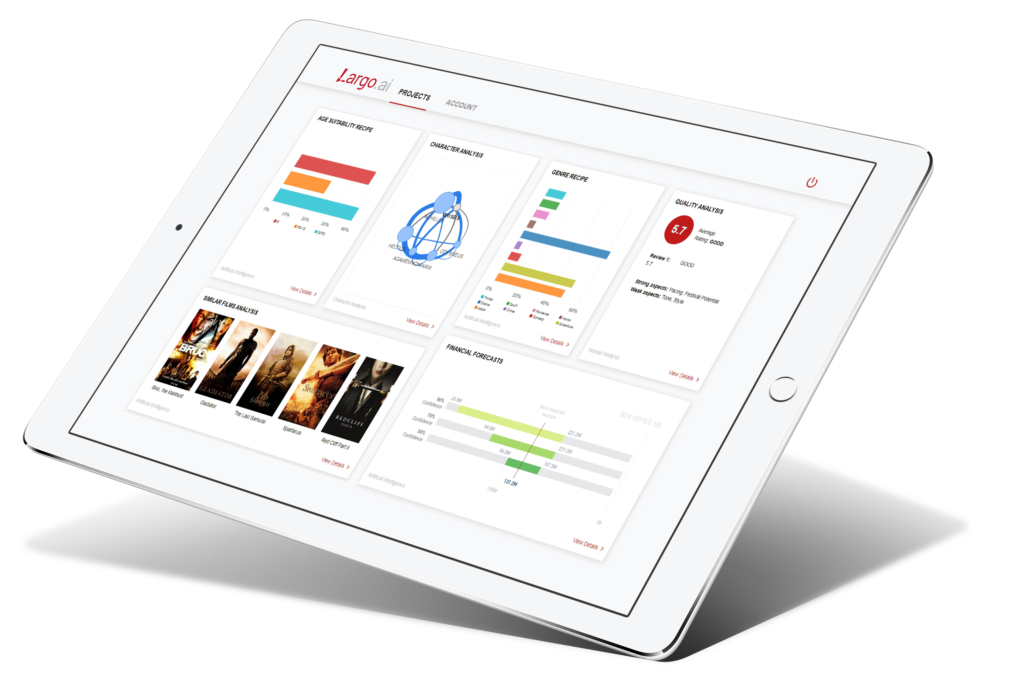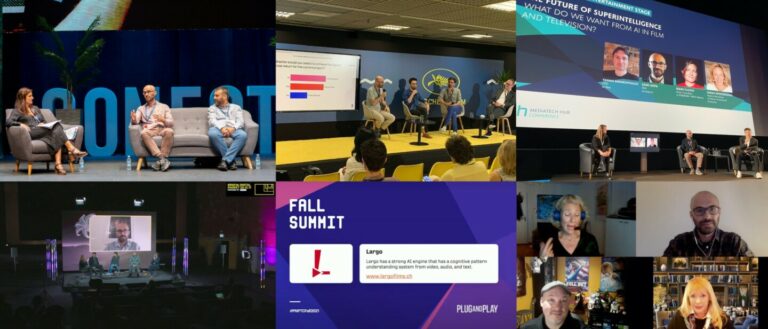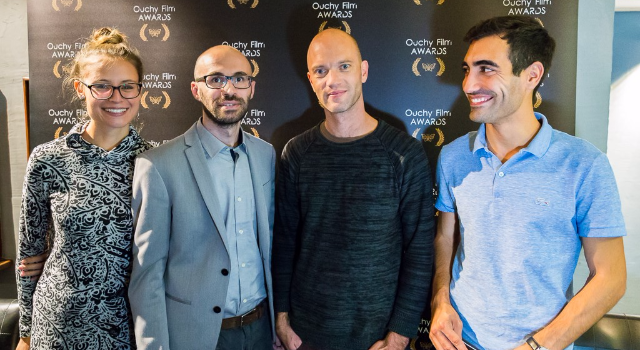Artificial intelligence and machine learning are promising amazing things.
Although it is early days yet, they are promising to help just about every industry in the world. Everything from the way we shop online to how we find out about movies will be changed by the implementation of AI.
Scriptwriting is one area of the movie business that is already getting help from artificial intelligence. Not only does it promise to help screenwriters write better scripts, but it also promises to help them to succeed too.
Before we examine how AI is becoming a scriptwriter’s best friend, we need to start by debunking a myth that has grown up around artificial intelligence.
AI Is Not A Human Replacement
It is important to note that despite the common misconception, artificial intelligence programs are NOT a replacement for humans. At least at this stage!
This fact was highlighted when back in 2016, Ars Technica heralded the first-ever AI-written screenplay. It was turned into a short film directed by Oscar Sharp. After getting the AI program to analyze several hundred sci-fi screenplays, it was instructed to create its own screenplay.
The results were less than impressive. The Guardian newspaper colourfully described it as “gibberish.”
So, rather than churning out the ultimate SCI-FI short movie, the script was a mix mash of garbled and often incoherent lines of dialogue.

Here is an example that was transcribed by MindMatters:
He starts to shake.
H: It may never be forgiven, but that is just too bad. I have to leave, but I’m not free of the world.
C: Yes. Perhaps I should take it from here. I’m not going to do something.
H: You can’t afford to take this anywhere. It’s not a dream. But I’ve got a good time to stay there.
C: Well, I think you can still be back on the table.
H: Mmm. It’s a damn thing scared to say. Nothing is going to be a thing but I was the one that got on this rock
with a child and then I left the other two.
He is standing in the stars and sitting on the floor. He takes a seat on the counter and pulls the camera over to his back. He stares at it. He is on the phone. He cuts the shotgun from the edge of the room and puts it in his mouth. He sees a black hole in the floor leading to the man on the roof.
Certainly not a threat to anyone who can write a coherent sentence, you will surely agree.
Though it is important to note that AI is getting better all the time, the leap from creating anything more than a straightforward movie script to a great script is the equivalent of humans getting to Mars by next week.
The real challenge with AI development is to teach it how to be ‘intuitive’, something which would allow such programs to make more accurate judgments of what humans might like. Without this intuitive element, AI will remain as a guiding tool to its human operator.
Explaining Warner Bros’ recent announcement that it would be employing the services of a data-driven moviemaking company, senior vice president of international distribution Tonis Kiis, stated that “The move was reportedly reached in order to reduce “low-value, repetitive tasks” usually carried about by executives,’ rather than an effort to replace existing business practices.
AI: A Screenwriter’s Best Friend
Now that we have put the unfounded Orwellian fear of AI technology to bed, it’s time to take a look at how writers are already using AI to help them with their scripts.
Let’s start with an obvious example.
Today, 99.99% of the world’s typing is done on computers, and not typewriters. Olivetti, one of the last remaining typewriter manufacturers, manages to keep going thanks only to the need for typed documents in areas of the world where electricity is a rarity.
All of the top word processing software programs already use some form of AI or machine learning. A typical example is the predictive text element that corrects obvious misspellings as they are made. Such programs help to save writers time and effort.
As these programs grow increasingly sophisticated, they are helping more and more with everything from grammar mistakes to formatting. All this helps the writer.
Building on the same ‘learning’ principle, where AI programs learn from their successes and mistakes, several startups have emerged over the past 5 years that have put AI to work to understand what makes a great movie script.
The models underlying all these AI programs are essentially the same.
It is what has come to be termed “story awareness” and involves micro analyzing certain aspects of a script. Most commonly, these are the structure of the script, genre and themes, and characters and their behavior.
Building up a clear understanding of how these traits interact and what their effect on the audience will be is key to any successful script.
Today, companies such as Largo offer SaaS platforms that writers can use to test out their ideas.

So, for example, the writer can test out plot and character ideas and receive feedback as to how the audience will react. Not only does this offer the writer constructive feedback but it also acts as a source of inspiration as some AI programs will actually suggest plot ideas/advancements etc.
One example of an important development that has affected writers since the #MeToo movement, is the roles and screen time that women get in films.
Many AI programs now include algorithms that can identify the amount of screen time that female characters are getting and factor this into what is essentially an AI version of the Bechdel test, a test designed to identify the proportion of screen time for women in fiction.
Scriptwriters don’t spend their time factoring in such things when writing a script.
Having such data on hand as they write will allow them to avoid the pitfalls of ignoring the gender inequality and other social biases, something which might prevent their script from being accepted.
Another powerful example is the proportions of the sub sections that make up a story.
Take, for example, the classic ‘Greek Hero’ story.
In its simplest form it breaks down to the following:
- The Setup
- The Confrontation
- The Resolution
However, within each of these parts of the story, there are multiple subplots. Data analysis has shown that getting the proportions right is essential if the audience is going to stay along for the ride. If a story gets stuck in one section too long, viewers will become bored and disengage from the story.
If a writer can assess their script regularly using AI technologies, they will be able to avoid such errors by gaining a clearer picture of their script.
Such insights will help to prevent unnecessary rewriters and will ensure that their script is the best it can be.
Great scripts have the power to become great movies, something which guarantees that the writer will be able to continue to succeed in the industry and reach bigger and bigger audiences with their films.
Artificial intelligence and machine learning are promising amazing things.




